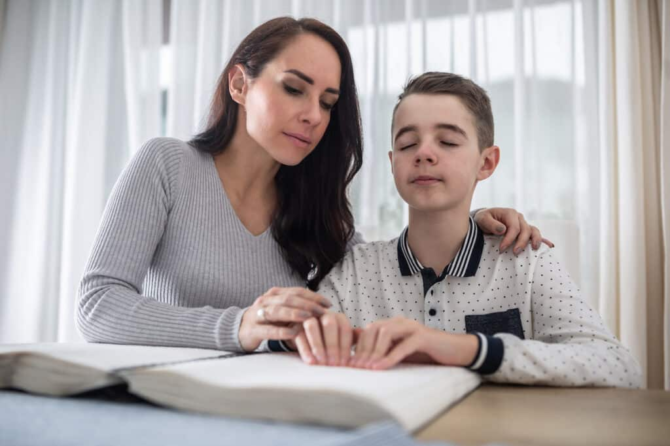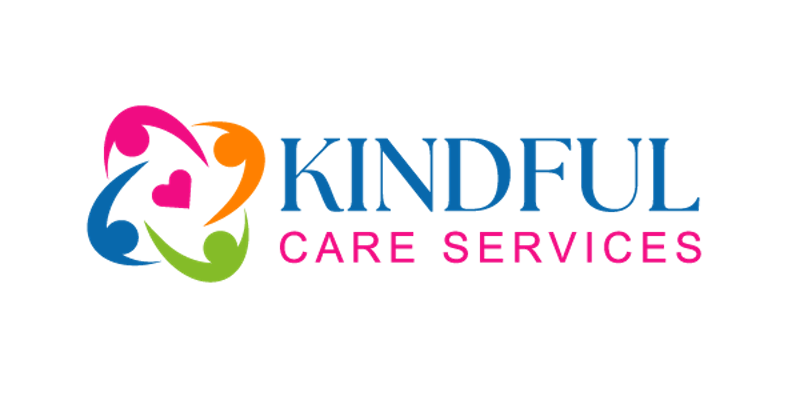
Tighter bonds between NDIS and ophthalmology
When parents are faced with a major diagnosis for their child, it can be confronting and raw. Dr Sue Silveira says eyecare providers play an influential role when it comes to accessing appropriate funding.
Raising a child with vision impairment impacts on every aspect of a family’s life. Beginning with a suspicion that child may not see in a typical way, followed by a significant eye or vision diagnosis, families have much to consider and adapt to. The life they had imagined for themselves, and their child, is often altered. Much is expected of families at a time when they may be grieving and trying to navigate their “new normal”. Professionals once unknown to them now enter their world and become integral to their understanding and planning for the future.
There’s a sense of urgency once a child is suspected of vision impairment, even before a diagnosis is made. Because vision impairment impacts all areas of childhood development, early intervention becomes critical to ensuring the child stays on track and receives suitable support. During this time, families need to work closely with low vision service providers as well as ophthalmologists, optometrists and orthoptists. Families need sound advice about their eligibility and access to support funding through the National Disability Insurance Scheme (NDIS). The NDIS service charter outlines an approach which is “transparent, responsive and respectful”. It aims to empower and enhance people’s lives by providing “reasonable and necessary supports” that encourage independence, and ultimately improve quality-of-life. Family participation in planning for services is also encouraged.
Source: Read complete article here
Leave a reply